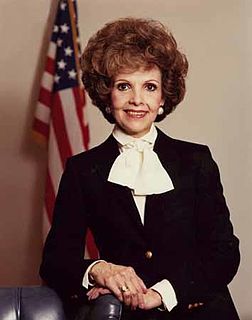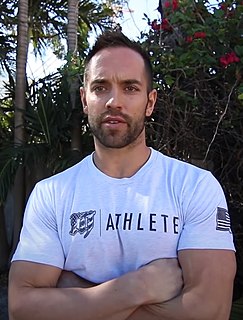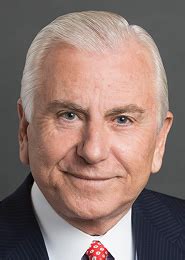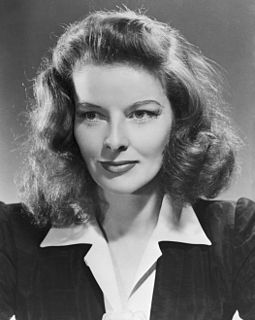A Quote by Amy Bloom
Training to be a therapist teaches you to shut up and listen, and that is certainly useful as a writer.
Related Quotes
The journalism, I was a financial journalist - it's very good training as a writer. You have to write for deadlines; you have a certain economy of phrasing. As a training ground as a writer, it's fantastic. I also think it teaches you to be observant, to listen to people, and gives you an ear of dialogue from doing interviews.
We were brought up in the school that teaches: You do what the script tells you. Deliver the goods without comment. Live it-do it-or shut up. After all, the writer is what's important. If the script is good and you don't get in its way, it will come off okay. I never discussed a script with Spence [Spencer Tracy]; we just did it. The same with Hank [Henry Fonda] in On Golden Pond. Naturally and unconsciously we joined into what I call a musical necessity-the chemistry that brings out the essence of the characters and the work.
The consciousness-expanding drugs - the hallucinogens, such as cannabis, mescaline, LSD, Psylocybin - I think are useful to a writer up to a certain point. That is, they open psychic areas that would not otherwise be available to the writer. But I feel that once these areas have been opened and the writer has reached them, he is able to get back there in the future without the drug.






































